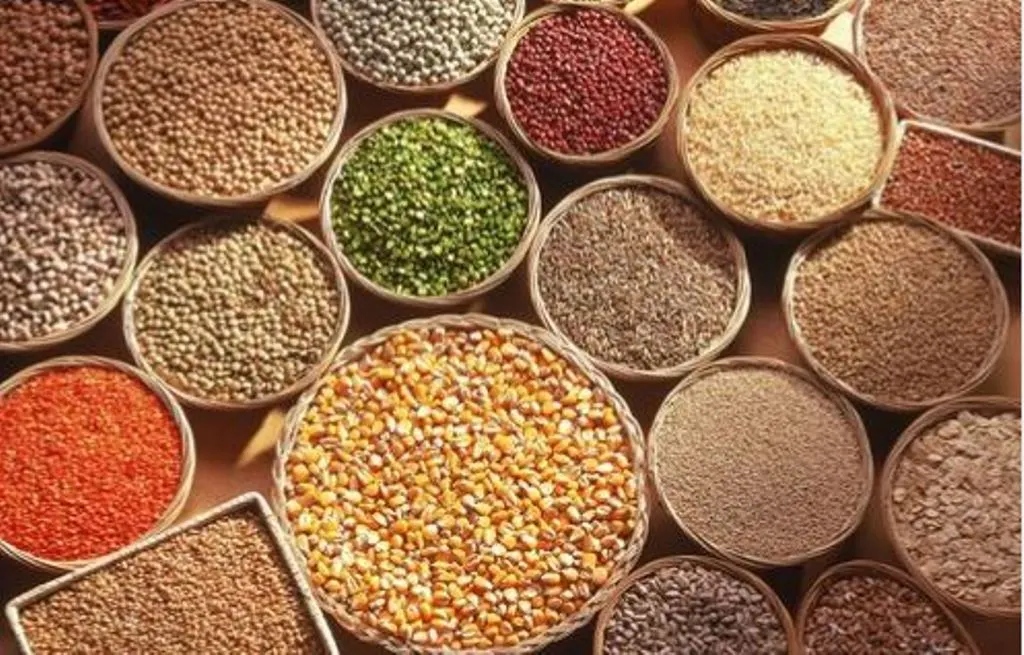Farmers predict that when security in food-belt regions improves this year, Nigeria’s agricultural output will rise.
They point out that the anticipated improvement in food output will lessen the country’s cost-of-living crisis and reduce inflation.
There has been a slight decrease in kidnapping and instability. In response to inquiries, Sani Danladi, national head of the Association of Tomato Growers, Processors and Marketers Association of Nigeria, stated that killings have decreased, particularly since mid-2024.
According to Danladi, the existing circumstances have resulted in a positive dry season planting season for farmers in late 2024. If this trend continues in 2025, food output will rise, and prices will fall.
“Prices will drop when we have high food production,” he said.
For more than ten years, insecurity has had a detrimental effect on food production in the most populous country in Africa, reducing productivity by sixty percent and leading to a shortage of supplies and an increase in imports.
Between 2020 and 2024, banditry attacks killed more than 1,356 farmers in northern Nigeria, according to a report by SMB Intelligence. Global Human Rights Nigeria revealed in 2024 that during the previous five years, 15,597 people were abducted, and 24,816 people, including farmers, were killed in Africa’s most populous country.
The nation has lifted a five-year mining exploration embargo in Zamfara, a leading agrarian state, as a result of a decline in banditry, terrorism, and murders.
“The significant efforts by security forces have led to a noticeable improvement in the security situation. With the lifting of the ban on exploration, Zamfara’s mining sector is poised to contribute to the nation’s revenue gradually,” said Dele Alake, the Minister of Mining, in a statement released in December.
Ibrahim Kabiru, the National President of the All Farmers Association of Nigeria (AFAN), acknowledged the progress in addressing insecurity. He noted that if the current situation is maintained, many farmers could return to their fields.
“We’re seeing some relief in terms of insecurity, thanks to the military’s achievements. If this momentum is sustained, more farmers will resume farming activities,” Kabiru said.
He attributed the country’s ongoing food crisis to a combination of factors, including insecurity, climate change, the rising cost of farming inputs, and infrastructural deficiencies.
Kabiru emphasized that stabilizing and reducing food prices would require more than just improved security. It demands a concerted effort to address the various obstacles hampering agricultural productivity.
“Macroeconomic instability, coupled with recurring natural hazards, continues to exacerbate food insecurity in Nigeria,” he explained.
Kabiru expressed optimism about the N826.5 billion budgetary allocation for agriculture, describing it as a positive step that could support smallholder farmers in boosting production.
Meanwhile, a survey by the National Bureau of Statistics (NBS) revealed that Nigerians paid an estimated N2.3 trillion in ransom from May 2023 to April 2024. The SBM Intelligence report further highlighted that farmers paid approximately N1.19 billion in ransoms to bandits.



